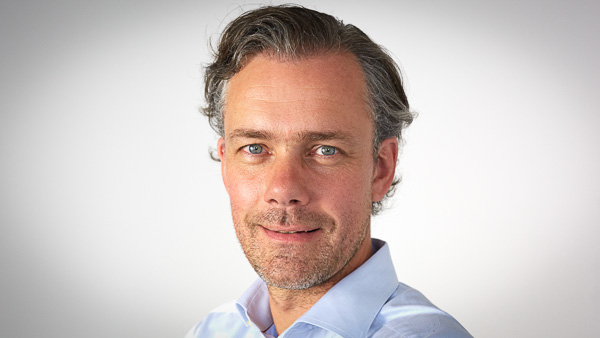Making sense of our connected world

MOOC Voting “How to build a startup”
It’s been about 18 months since a new learning format has inspired academic communities around the world: the Massive Open Online Course (MOOC). After years of only mildly successful e-learning projects, this is perhaps a first major step in using innovative digital technologies to fundamentally change higher education for the better. Unlike the present day offline university classroom setting, MOOCs can distribute content in a scalable and high quality format to a large number of learners around the world. This provides universities, professors and students with brand new questions and challenges while simultaneously opening new doors to various types of learners who work at different speeds.
We at the Humboldt Institute would like to be a part of this development in two ways: we are in the initial stages of building a MOOC about the topic “How to build a startup.” In doing so, we plan on experimenting with this new learning format and, at the same time, making a positive contribution to the promotion of entrepreneurship in Germany. To fund this project, we have applied for a €25.000 fellowship provided by a collaboration between the Stifterverband für die Deutschen Wissenschaft and iversity gmbh, a Berlin-based e-learning platform.
For those who support our mission, please vote for us here!
The course will be in German.
This post represents the view of the author and does not necessarily represent the view of the institute itself. For more information about the topics of these articles and associated research projects, please contact info@hiig.de.

You will receive our latest blog articles once a month in a newsletter.
Featured topics
The Human in the Loop in automated credit lending – Human expertise for greater fairness
How fair is automated credit lending? Where is human expertise essential?
Impactful by design: For digital entrepreneurs driven to create positive societal impact
How impact entrepreneurs can shape digital innovation to build technologies that create meaningful and lasting societal change.
Identifying bias, taking responsibility: Critical perspectives on AI and data quality in higher education
AI is changing higher education. This article explores the risks of bias and why we need a critical approach.




